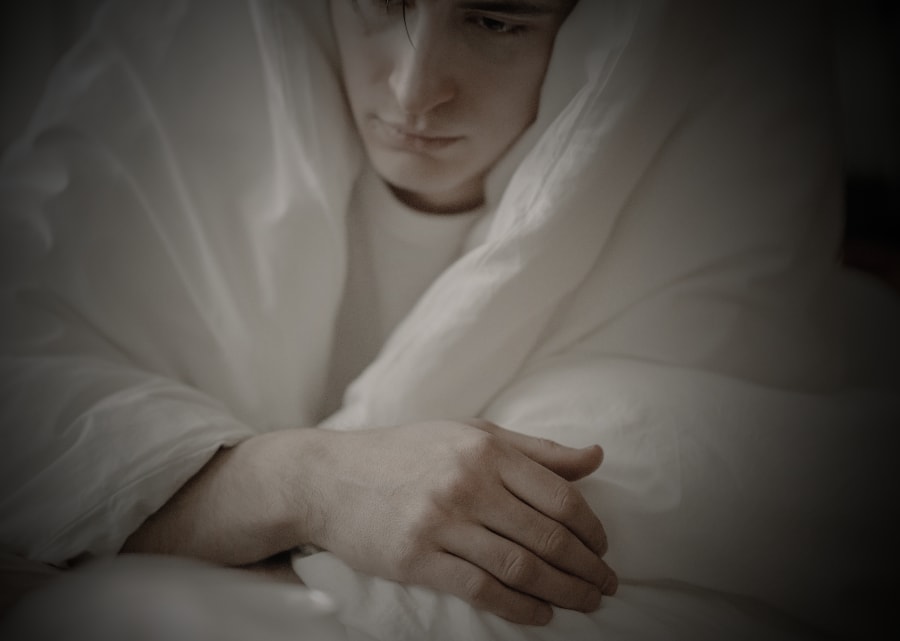Heroin is an illegal opioid, meaning that it is derived from opium, a natural product of the poppy plant. Known to elicit feelings of joy, relaxation, and euphoria in intense waves, heroin is a highly addictive substance that can be smoked, snorted, or injected. Because of the intensity of the high and highly addictive nature, heroin requires professional help for detox. Heroin withdrawal symptoms are uncomfortable and should be closely monitored.

Heroin Withdrawal Symptoms
To understand why heroin withdrawal symptoms are so terrible, you must first understand why heroin becomes so addictive. Heroin imitates the neurotransmitter endorphin, responsible for pain and stress relief, but the waves of euphoria are far more intense than when the body releases endorphins naturally, thus causing the brain to have intense ‘cravings’ for the drug.
The symptoms of heroin withdrawal can be divided into short-term and long-term. While both categories have both physiological and psychological effects, the long-term tends to be more psychological.
Short-Term Heroin Withdrawal Symptoms
Acute or short-term withdrawal symptoms can include:
- Increased pulse and breathing rate
- Elevated blood pressure and body temperature
- Difficulty sleeping, including insomnia
- Heightened reflexes and increased sweating
- Dilated pupils
- Discharge from the nose and eyes, generally very watery
- Piloerection (‘goosebumps’)
- Muscle pain, cramps, and spasms, as well as bone pain
- Gastrointestinal issues such as diarrhea, nausea, and vomiting
Long-Term Heroin Withdrawal Symptoms
The long-term symptoms of heroin withdrawal include:
- Dysphoria, a general sense of feeling down and the dulling of emotions
- Anhedonia, the loss of pleasure or interest in previously enjoyed activities
- Depression
- Disturbed sleep
- Unusually constant fatigue
- Impairment of short-term memory
- Drug cravings
- A decrease in attention
- Difficulty in decision making
Heroin withdrawal symptoms are not universal and range in intensity depending on several factors, such as genetics, length of addiction, average dosage, and current mental and physical health.
Timeline of Withdrawal
Much like the intensity of symptoms, the timeline can vary depending on various factors of the user. Users with a long, intense usage history may experience symptoms between 8 to 24 hours after their last dose. Generally speaking, the most intense period of withdrawals, the peak, happens within 1 or 2 days of the first onset of symptoms, which is when most heroin users relapse. The acute symptoms can last anywhere from 3 to 10 days, though most users find the symptoms to lessen in severity within 3 to 5 days. The long-term symptoms may begin or persist after the acute symptoms have subsided.
Treatment for Heroin Withdrawal
Going ‘cold turkey’, a term used to describe quitting heroin with no aid, can be incredibly difficult and is not generally the most effective way to get clean. Some possible treatment options are:
- Outpatient detox programs allow a person with a substance use disorder to undergo the detoxification process in their own home. This allows the patient to receive therapy and possibly even assistance through medication while being able to continue their usual day-to-day life, which is necessary for patients with family and employment responsibilities. Outpatient programs tend to be cheaper, allow much more flexibility for the addict’s life, and are shown to be just as effective as inpatient programs.
- Medication-assisted treatments can be used to alleviate withdrawal symptoms and cravings. This is generally done with the use of an agonist, like methadone or buprenorphine. These agonists activate the opioid receptors in the brain, much like heroin, but they are not nearly as harmful or addictive. This will help minimize withdrawal symptoms and cravings. Your physician will wean you off the agonist as your treatment program continues. An antagonist may also be used, which is a drug, like naltrexone, that blocks opioid receptors, thus keeping heroin and other opioids from providing you the euphoric rush.
The symptoms of heroin withdrawal can be some of the worst symptoms of any detox. The physiological and psychological pain can lead users to relapse. This is why it is so necessary to talk with a doctor about possible treatment options, inpatient or outpatient, as going it alone can be exceptionally taxing and ineffective. However, with the right treatment plan, you can beat the short-term and long-term symptoms and get your life back on track.

